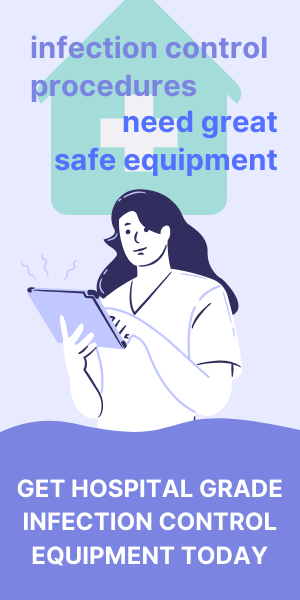A new study affirms that drinking rates do tend to decrease after college age. But on an individual level, it is dependent on various factors like the drinker’s social networks and character.
Windle’s study of over 1,000 people found that young adults tend to continue the alcohol use of their adolescent years, be it mild, moderate or heavy drinking, even though heavy and moderate drinkers initially step up their intake before cutting back.
Windle noted that previous research suggested alcohol abuse peaks at 19 to 25 years old.
For the analysis, he followed 1,004 volunteers at seven stages between ages 17 and 33.
Participants were grouped according to their alcohol use: 646 drank low levels throughout those years; 300 drank moderately in their teens, slowly increasing their intake by age 23, then decreasing slightly as they reached their 30s; and 58 drank heavily as adolescents and young adults and then cut back slightly.
Both heavy and moderate drinkers did cut back by age 33, Windle discovered, but not by much. And both groups were more likely to have health issues and difficulties with work and relationships.
Heavy drinkers also were more likely to have friends who drank too or used drugs, the study found.
From about 24 to 29 years old, heavy drinkers to cut back to an average 4.5 beverages, down by just under a drink daily. Moderate drinkers, meanwhile, had cut only about 0.27 beverages each day, to an average daily intake of 1.28.
Most studies of early drinking haven’t extended into the later 20s and early 30s, Windle said. He suspects that drinking amounts expand into middle age and called for long term research to test this theory.













